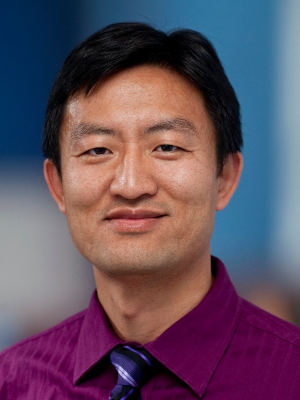Assessment of Disease Activity Using Deep Learning on MRI Images in Children with Chronic Nonbacterial Osteomyelitis (CNO)
Project Period:
2025-2027
Grant Category:
Large Grant
Disease Area:
Chronic Nonbacterial Osteomyelitis (CNO), Chronic Recurrent Multifocal Osteomyelitis (CRMO)
Chronic nonbacterial osteomyelitis (CNO), also known as chronic recurrent multifocal osteomyelitis (CRMO), is a rare autoinflammatory bone disease that primarily affects children but can persist into adulthood. This condition causes chronic bone inflammation, leading to severe complications such as bone deformities, fractures, and persistent pain, all of which can significantly impact quality of life. The annual incidence of CNO has increased from 0.4 to 2.3 per 100,000 children over the past decade. Despite this rise, effective tools for diagnosing, monitoring, and treating CNO remain limited.
Currently, MRI is the gold standard for evaluating disease activity in CNO, and clinical scoring tools like the Clinical Disease Activity Score (CDAS) have been developed to support monitoring. However, significant gaps remain. MRIs can be challenging to interpret due to overlapping features with other conditions, such as benign bone changes or injuries from physical activity. Moreover, existing methods fail to fully account for shifts in lesion patterns, silent lesions, or subtle imaging features critical for predicting disease outcomes.
Our center manages one of the world’s largest CNO patient cohorts, with over 2,000 whole-body MRIs collected since 2016 and comprehensive clinical data for more than 300 patients through the CHOIR registry. Leveraging this wealth of data, we aim to develop advanced tools using machine learning (ML) to improve the accuracy and efficiency of CNO diagnosis, monitoring, and treatment planning.
Our goals are to develop an MRI-based tool using deep learning. We will create a model that analyzes whole-body MRIs to quantify inflammation and identify key imaging features of CNO. This tool will help radiologists and clinicians better assess disease burden and severity. We will build a treatment prediction model by integrating MRI data with clinical information that can forecast treatment outcomes. This model will help guide personalized treatment strategies, ensuring that patients receive the most effective care.
This project will address critical challenges in CNO care, including delays in diagnosis and variability in treatment responses. By combining advanced imaging techniques with machine learning, we hope to enable earlier and more accurate disease assessment, improve treatment outcomes.
Investigators

Yongdong Zhao, M.D., Ph.D.
Seattle Children's Hospital